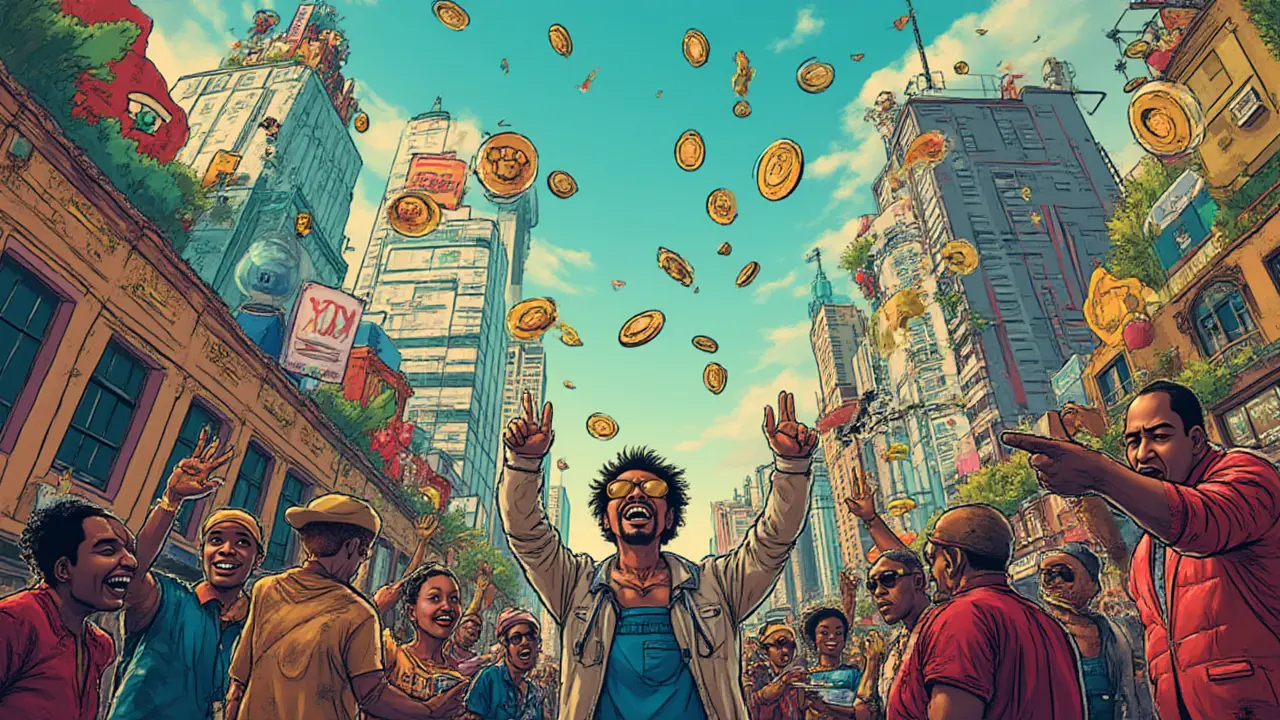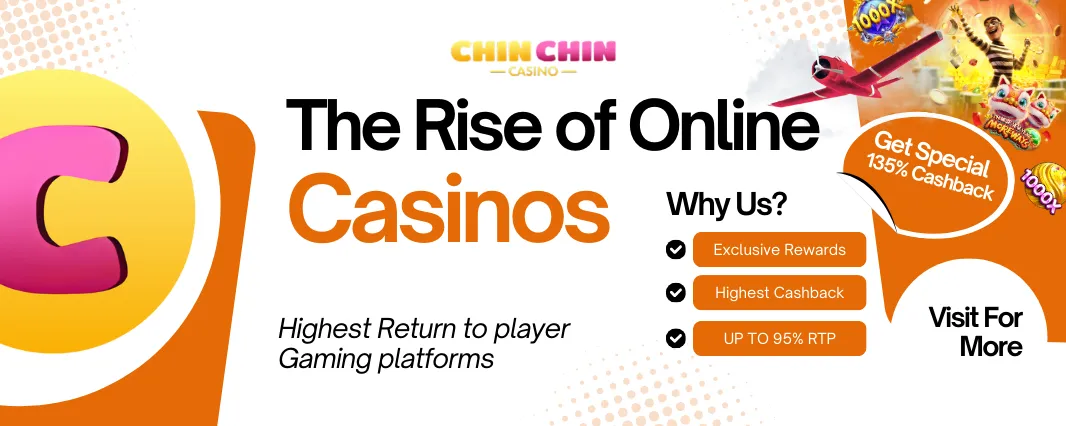
If you thought the stock market was a playground for Wall Street suits only, you probably missed the chaos in early 2021 when a bunch of normal people on Reddit turned the whole place upside down. Just scroll through the news from that week: GameStop stock shot up 400% in days, hedge funds lost billions, and everyone from Elon Musk to the guy next door was suddenly talking "short squeezes." This wasn’t a fluke. Since then, the WallStreetBets (or WSB) crowd has kept stocks—and headlines—buzzing. The question that keeps popping up: did this wild energy really change the stock market or was it all just hype destined to fade away? Let’s pick apart the truth from online legend.
The Rise of WallStreetBets: From Internet Joke to Market Movers
Before the term "meme stocks" became part of everyone’s vocabulary, WSB was a quirky Reddit corner where people bragged about bad trades, posted screenshots of huge losses, and swapped jokes no financial advisor would ever approve. With quirky jargon—“diamond hands,” “tendies”—the place had attitude way before it had headline power. But by the end of 2020, the average post was pulling in thousands of likes, and the WSB community ballooned to millions of hungry, risk-loving traders. They didn’t want safe blue-chip stocks. They wanted the wild stories: a no-name retailer morphing into a rocket ship, or bankrupt companies rising from the dead.
GameStop’s historic run in January 2021—fueled and coordinated by tens of thousands of Redditors—wasn’t the first time retail investors flexed their muscles, but it was the first time they did it in such outrageous numbers, so openly, and with such dramatic impact. Institutional players took notice fast. Melvin Capital, a major hedge fund, lost over $6 billion betting against GameStop, and others got squeezed, too. Suddenly, Wall Street understood that groups of retail traders, acting on viral memes and FOMO, could be a serious force.
That event wasn’t a flash in the pan. Stocks like AMC, Bed Bath & Beyond, and even Blackberry rode waves of attention and cash, some spiking by hundreds of percent in days or even hours. WSB’s biggest moments have tended to favor stocks with high short interest—that is, lots of people betting against them—which means potential for epic short squeezes. There’s a certain thrill in going up against the establishment, and WSB leaned hard into the David-vs-Goliath image.
But it wasn’t all memes and moon-shots. The sheer volume WSB brought to certain stocks literally moved markets. During peak mania, GameStop trading sometimes made up 15–20% of all stock trading volume in the US on a given day, according to NASDAQ data. Even professional traders who’d never spent a minute on Reddit started tracking WSB posts to spot the next big surge.
WSB impact didn’t just show up in headlines or isolated cases. A study from Switzerland’s University of Neuchâtel showed that spikes in Reddit discussions predicted short-term movements for meme stocks better than analyst reports or earnings releases at that time. Bloomberg even started offering WSB-tracked sentiment trends as premium research for clients. That’s a long way from being just an internet meme.
Understanding the WSB Wave: Methods and Motivations
What's really driving this crew? It’s easy to write them off as glorified gamblers, but the WSB crowd is a strange mix of serious number-crunchers, sarcastic jokesters, and true believers out to “stick it to the man.” Some got their start during COVID lockdowns, armed with stimulus checks and more time than usual. Others simply liked the thrill. But here’s the thing: most WSB users do their homework—just not the way traditional finance types expect.
You’ll find deep-dive “DD” (due diligence) posts on undervalued stocks sitting alongside posts full of rocket emojis and memes. This blending of actual research and full-tilt social hype is WSB’s trademark. The bullish crowd rallies around stocks with high potential for short squeezes, then spreads the word. And sometimes, that’s all it takes. Reddit upvotes, Twitter hashtags, and wild TikTok shorts take on a life of their own. According to a study by University College London, a fivefold increase in WSB mention volume led to a 106% increase in targeted stock trading activity during the 2021 meme stock phase. Not every stock in WSB’s crosshairs is a winner, but the action alone can jack up volatility and bring quick profits—or devastating losses.
It doesn’t hurt that trading apps like Robinhood and EasyEquities slashed fees, made trading simple, and literally gamified investing. When every price move shows up as a dopamine rush on your phone screen, staying on the sidelines gets pretty boring. Now retail traders account for almost 25% of daily stock market trades, compared to just 10% a decade ago. That’s not some glitch—it’s a seismic shift in market demographics.
But motivation is personal. Some traders try to turn $100 into a fortune. Others just want entertainment, a story, and bragging rights. You’ll see some tragic “YOLO” bets (You Only Live Once), but also traders with meticulous plans who get caught up in the mania. Sometimes it pays off. Sometimes, as with the rise and spectacular crash of stocks like Bed Bath & Beyond, the last person holding loses everything.
What about market impact? The Securities and Exchange Commission (SEC) has launched investigations into meme stock trading and social media coordination. Their report declared, “A significant portion of trading was driven by positive sentiment on social media platforms, and losses were not limited to large institutions.” That’s unprecedented. Even the regulators admit that sheer viral energy can move prices, not just earnings or traditional metrics. If you’re looking for proof of WSB’s reach, there it is.

Fact or Hype: Does WSB Really Change Market Fundamentals?
So does all this Reddit-driven energy actually change market fundamentals, or is it just noise? Here’s where the picture gets complicated. Sure, millions of small investors can, and have, squeezed short sellers, forcing hedge funds to buy back shares at huge losses. But if you step back, you’ll notice that meme stock surges are usually brief. They tend to fade as fast as they arrive. As soon as the hype dies down, prices collapse, and the cycle repeats somewhere else.
To get more specific, WSB can skew prices for individual stocks, especially small- and mid-cap companies with lots of short interest and not much daily trading. But for big names like Tesla or Apple? Not even the internet’s wildest army can budge the needle for long. The market, as always, swallows up manias. When the dust settles, only stocks with solid fundamentals hold onto most of their gains.
The real change isn’t necessarily in price action—it’s in how quickly news spreads, how many new retail investors get involved, and how much attention gets paid to parts of the market that used to be considered boring or dead. According to Robinhood’s own transaction records, nearly seven million new users opened trading accounts in the first quarter of 2021—a historic surge that coincided exactly with the most viral days of WSB activity. They weren’t always professional, but they showed up with their wallets.
The table below shows a wild snapshot of meme stocks’ volatility during 2021:
| Stock | Peak Price | Pre-WSB Price | % Gain | % Lost 6 Months Later |
|---|---|---|---|---|
| GameStop | $483 | $17 | 2700% | –82% |
| AMC | $72 | $2.01 | 3484% | –67% |
| Bed Bath & Beyond | $53 | $3.47 | 1426% | –78% |
Blowout profits for a lucky few, but brutal for many who jump in late. This “hype cycle” explains why some market watchers dismiss WSB as froth. Still, those gains were very real for several weeks, and the fallout forced institutional investors to rethink risk management and social media monitoring.
Quotes from market giants show that this is more than just noise. Here’s what Michael O’Rourke, chief market strategist at JonesTrading, said after the initial GameStop surge:
“We’ve entered a new era where crowds on the internet can swarm a stock and cause wild moves. It’s not a one-off event.”
That new era means price action isn’t always rational. Markets don’t always make sense, and old-school analysis sometimes fails. Suddenly, a joke post or a catchy meme can pull real money into a forgotten company out of nowhere. Hedge funds have started hiring meme watchers, social media analysts, and even linguists to spot the next viral wave before it lands.
So, WSB’s hype can make the ground shake briefly, but the foundation—the actual strengths and weaknesses of a company—still decides where the dust settles. It's not exactly revolution, but it’s not an empty fad either.
What Traders (and Regular People) Should Know About WSB’s Market Influence
Now to the meat and potatoes: what do you actually do with all this? If you’re trading, keeping an eye on WSB can give you an edge. There are even specialized tools that track Reddit sentiment and pump out alerts when a ticker starts trending. It’s not foolproof—no crowd is always right—but it’s hard to ignore when millions jump at once.
But with great volatility comes great risk. You’ll see posts about massive windfalls, but you don’t often hear about the everyday users who burned through savings in the process. If you follow the crowd, know the rules. Set stops, only risk what you can lose, and never believe that popularity equals profit. Markets can stay irrational longer than you can remain solvent.
WSB’s influence also means market news gets strange. Don’t be surprised to see a no-name penny stock mint millionaires before crashing back to earth by the end of the week. For traditional investors, this adds a new level of market noise to filter through. Keep your cool, check company fundamentals, and treat every viral “buy” recommendation with a few grains of salt.
And if you’re curious whether there’s a future for this kind of trader activism, the signs say yes. The internet doesn’t forget, and each generation of digital natives is more comfortable blending finance with social media. Experts expect a new wave of meme manias every earnings season, every recession, or every time regulators change the rules. Savvy traders track the crowd without blindly joining it.
Here are some tips for surviving (and maybe thriving) in the WSB era:
- Double-check every viral claim. Don’t believe screenshots without supporting proof.
- Never invest money you’re not willing to lose, no matter how much the crowd shouts.
- Track sentiment, but tie trades to solid news and company fundamentals, too.
- If you’re new, start tiny. Play along without risking your future.
- Remember, what goes up fast comes down even faster in meme territory.
Maybe the wildest part of all this: the big players are watching too. WSB isn’t just shaking retail investors. Institutional traders, hedge funds, and professional market makers now analyze meme flows right alongside traditional stats, worried they’ll miss the next viral explosion. Ignore WSB and social media at your peril—but don’t forget common sense and risk management. The game has changed, but smart traders always keep their head when the crowd loses theirs.


Write a comment